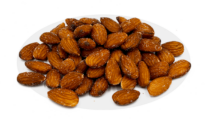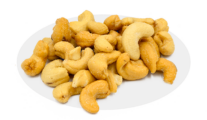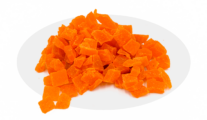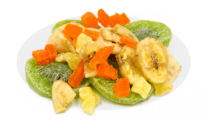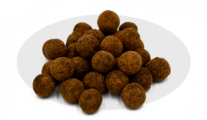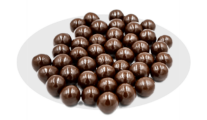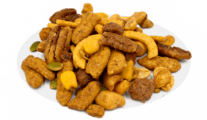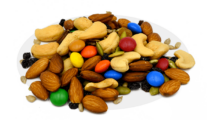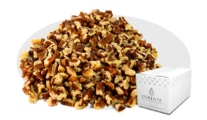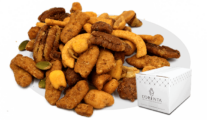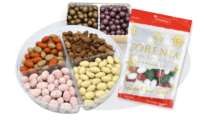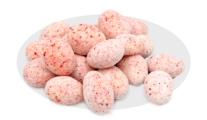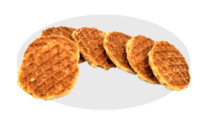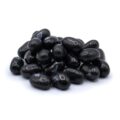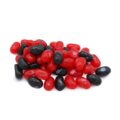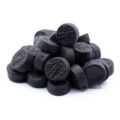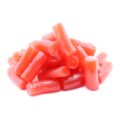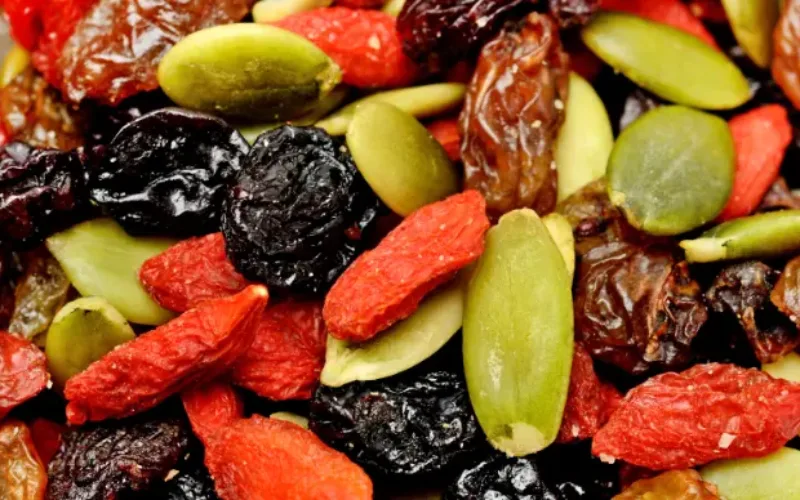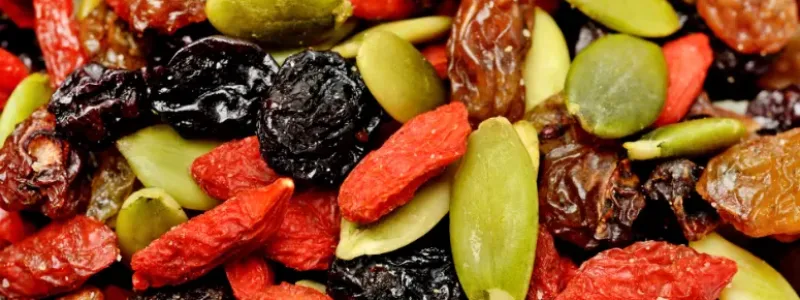Written By Sam Henselijn
Licorice comes from a shrub native to Turkey, Greece, and Asia. Can Licorice Candy Help to Relieve Acid Reflux?In the form of candy, black licorice is polarizing to say the least. There’s no in-between: you either hate it or love it. The good news for fans of the delicacy is that it might possess a few health benefits. But is there any scientific evidence to support these claims? In this article, we will explore the possible effects of licorice on acid reflux. Can Licorice Candy Help to Relieve Acid Reflux?
Acid reflux, a common digestive issue, can cause discomfort ranging from a burning sensation to regurgitation of stomach acid. Individuals often seek various remedies, and an unconventional one that has gained attention is licorice candy. This article explores the potential link between licorice candy and acid reflux relief, delving into the scientific evidence behind this sweet remedy.
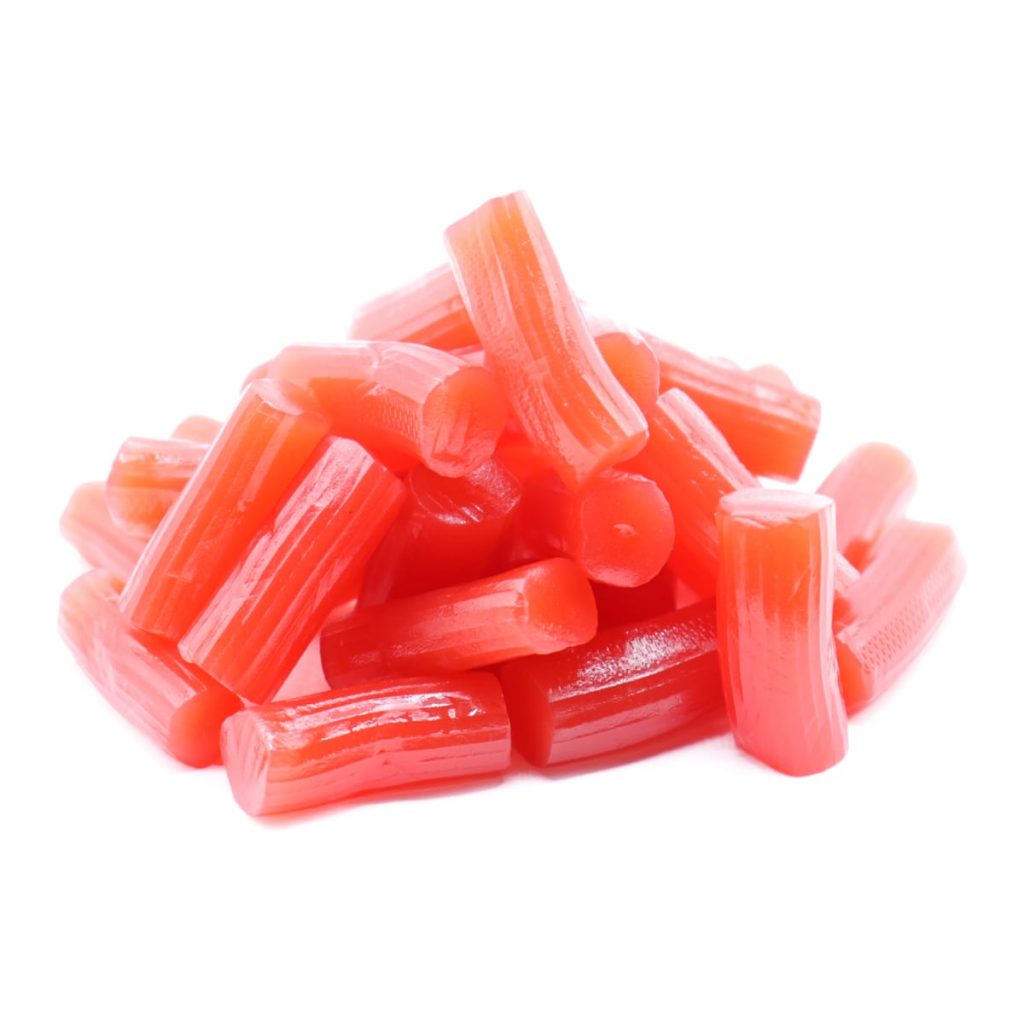
Understanding Acid Reflux:
Acid reflux occurs when the lower esophageal sphincter (LES) fails to close properly, allowing stomach acid to flow back into the esophagus. This backward movement can lead to symptoms such as heartburn, regurgitation, and chest discomfort.
Licorice Candy and Its Potential Benefits:
Licorice, derived from the root of Glycyrrhiza glabra, has been used for centuries in traditional medicine for various ailments. It contains compounds like glycyrrhizin, which exhibits anti-inflammatory and soothing properties. Some licorice candies, particularly those made with real licorice extract, claim to help alleviate acid reflux symptoms.
Glycyrrhizin and Its Effects:
Glycyrrhizin, the active compound in licorice, has been studied for its potential gastroprotective effects. It is believed to enhance mucin production, promoting a protective layer in the stomach and esophagus that may help reduce the impact of stomach acid.
- Mucosal Protection: Licorice may stimulate the production of mucin, a protective substance that helps coat the lining of the digestive tract, potentially reducing irritation.
- Anti-Inflammatory Properties: Glycyrrhizin has anti-inflammatory properties that could mitigate inflammation in the esophagus caused by acid reflux.
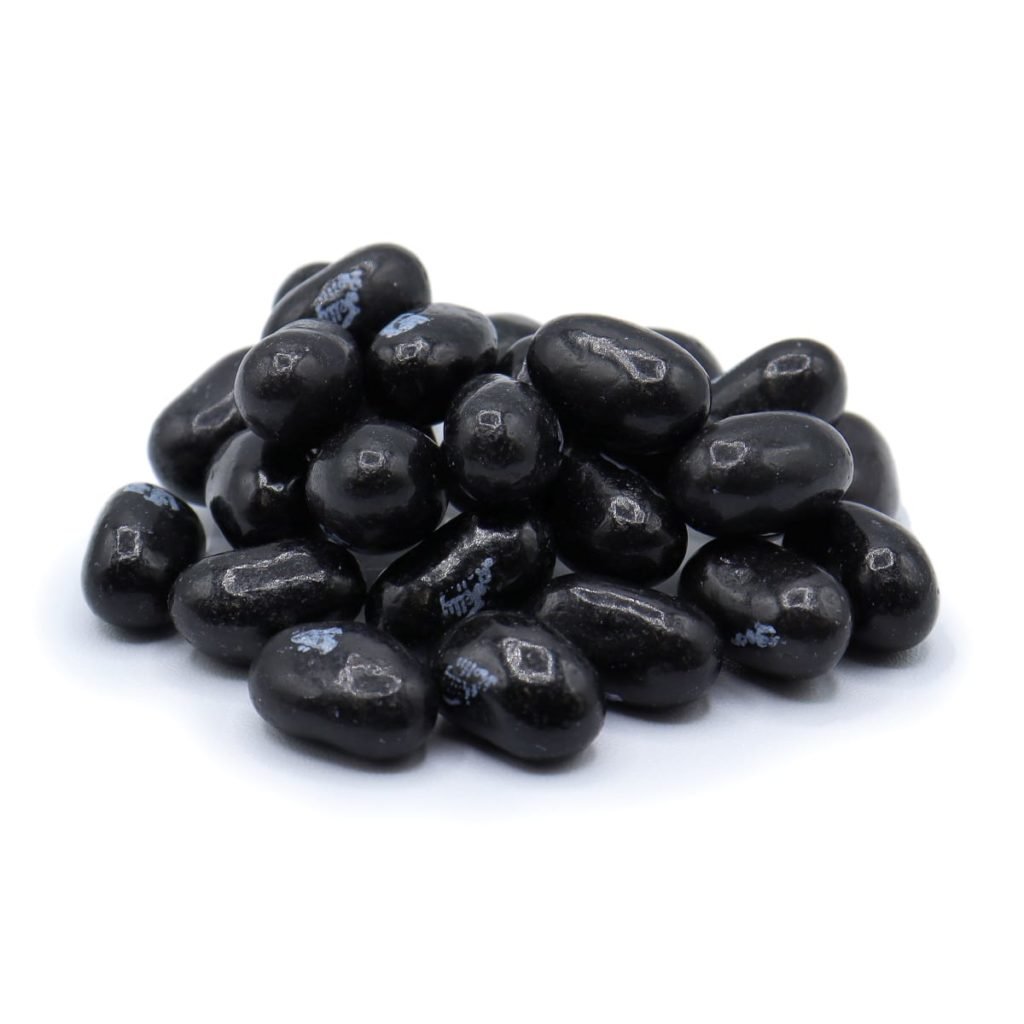
Research on Licorice and Acid Reflux:
While there is limited research specifically examining licorice candy’s impact on acid reflux, studies have investigated the effects of licorice extracts and deglycyrrhizinated licorice (DGL) supplements. DGL, a form of licorice with reduced glycyrrhizin content, is often used to mitigate potential side effects.
Precautions and Considerations:
- Glycyrrhizin Content: Excessive intake of glycyrrhizin may lead to side effects, including elevated blood pressure, fluid retention, and potassium loss. DGL supplements, with reduced glycyrrhizin, are often recommended to minimize these risks.
- Sugar and Other Ingredients: Many licorice candies on the market contain high sugar content, which may exacerbate acid reflux symptoms. Opting for sugar-free licorice or those made with natural sweeteners can be a better choice.
- Individual Responses: The effectiveness of licorice candy for acid reflux relief may vary among individuals. It’s essential to monitor your body’s response and consult with a healthcare professional for personalized advice.
Incorporating Licorice Candy Responsibly:
If you’re considering licorice candy as a potential remedy for acid reflux, here are some tips:
- Choose Quality Products: Look for licorice candies made with real licorice extract, avoiding those with excessive sugar and artificial additives.
- Moderation is Key: Consume licorice candy in moderation, considering your overall sugar intake and potential side effects associated with glycyrrhizin.
- Consider DGL Supplements: Deglycyrrhizinated licorice supplements may be a more controlled way to incorporate licorice into your acid reflux management plan.
Is licorice good for you?
Licorice has been used in food and as medicine for centuries. Its
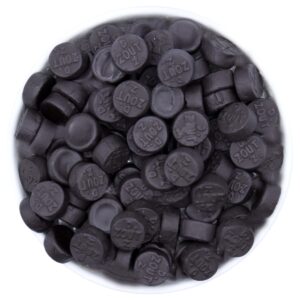
roots have been used in Eastern and Western medicine for a variety of purposes. Licorice does possess some expectorant properties, so it is possible that it could help alleviate some common cold symptoms, for example. To this day, the confection is still used to treat a number of other conditions, such as liver disease and acid reflux. Most of these claims are not supported by scientific evidence.
One thing is for certain, compared to most candies, licorice seems to be a safer choice health wise. Black licorice is relatively low in sugar. When eaten in moderation, the sweet could absolutely be part of a balanced diet.
Can Licorice Candy Help to Relieve Acid Reflux?
Acid reflux happens when the lower esophageal sphincter doesn’t close completely. The LES seals food, and also the acid that breaks it, in the stomach. If the LES fails to close completely, the acid can make its way back up the esophagus. This is what causes the familiar burning sensation we call acid reflux.
So, does licorice candy help acid reflux? In some cases, it can indeed be helpful to your digestion and even alleviate symptoms from indigestion, heartburn, and acid reflux. Some of the extracts in black licorice have been linked to a reduction in the bacteria that causes ulcers. It’s important to note that no studies have been conducted with licorice in the form of candy.
Preliminary studies indicate that a specific herbal formula containing licorice, called Iberogast or STW 5, may help relieve symptoms of indigestion or reflux. They found that, when used in conjunction with appropriate acid reflux medication, black licorice could help your episodes. It could also relieve your discomfort to a certain degree.
Another form of licorice used to combat reflux is DGL, which you can find in tablets or capsules. This is licorice that has been processed for safe consumption. The substance called glycyrrhizin is removed, which makes it safer than licorice extract for example. Some doctors recommend it for acid reflux. Another 2018 study found that DGL was even more effective than acid suppressive drugs.
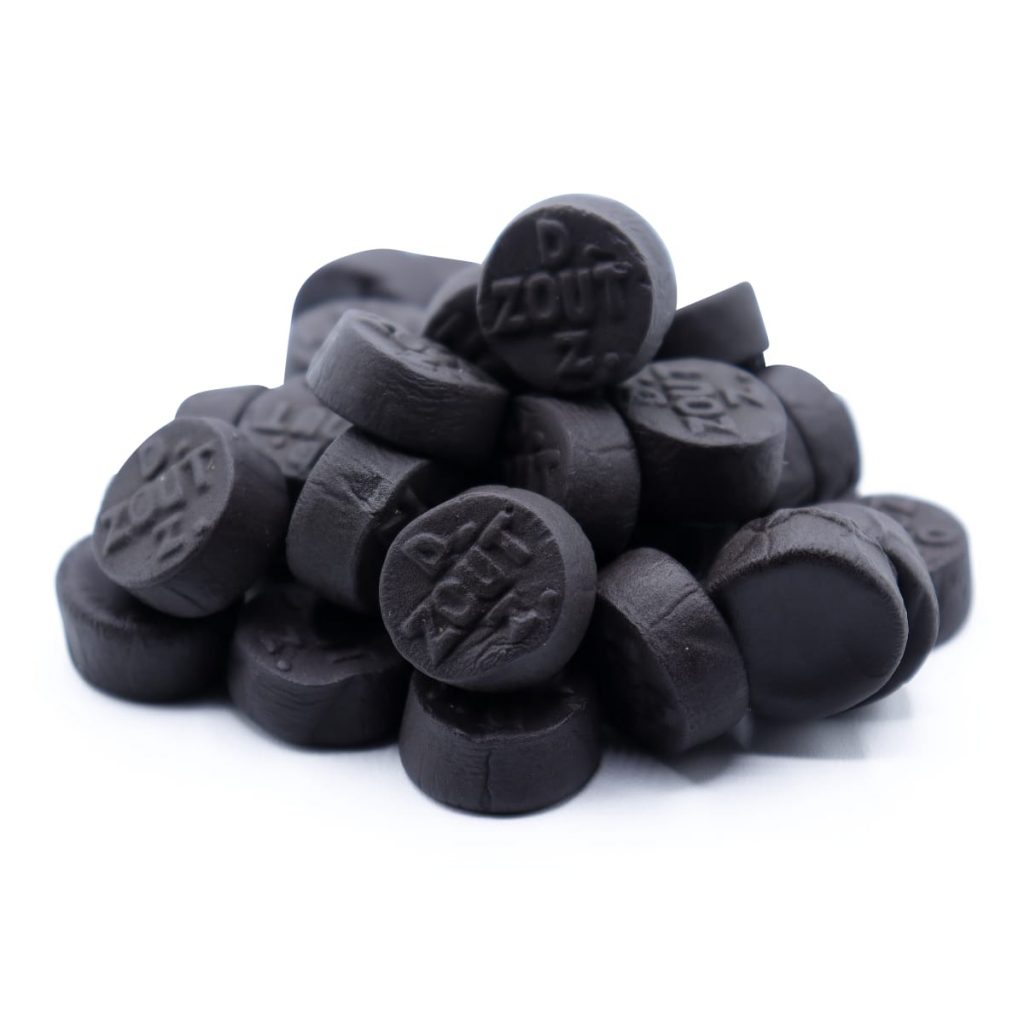
Bottom Line
As far as candy goes, you might say black licorice is relatively nutritious and not the worst option for you. However, all sugary treats should be consumed with moderation.
Scientific evidence shows that licorice in some forms may indeed help with acid reflux. This does not include licorice in the form of candy.
In 2017, FDA officials issued a warning about excessive consumption of black licorice. Eating more than two ounces of it on a daily basis could lead to arrhythmia in adults over 40.
Too much black licorice can also be related to high blood pressure, inflammation, and in extreme cases, heart failure.
While anecdotal evidence and some research suggest that licorice, in various forms, may offer relief for acid reflux symptoms, it’s crucial to approach this remedy with caution. Glycyrrhizin content, potential side effects, and individual responses should be considered. If you’re exploring licorice candy or supplements as part of your acid reflux management, consulting with a healthcare professional is advised for personalized guidance.
In conclusion, licorice candy’s potential role in relieving acid reflux is an intriguing topic, yet more research is needed to establish its efficacy. As with any home remedy, it’s essential to approach it with an informed and cautious mindset, considering individual health conditions and seeking professional advice when necessary.
Is licorice candy good for acid reflux?
Licorice candy, containing glycyrrhizin, is believed to offer potential benefits for acid reflux. Its anti-inflammatory properties and ability to enhance mucin production may provide relief. However, evidence is limited, and excessive glycyrrhizin intake can lead to side effects. Consultation with a healthcare professional is recommended for personalized advice.
Does licorice heal stomach lining?
Licorice, specifically compounds like glycyrrhizin found in licorice root, has been studied for its potential to support stomach health. Glycyrrhizin is believed to enhance mucin production, forming a protective layer on the stomach lining. This layer may contribute to reduced irritation and inflammation, potentially promoting healing. However, more research is needed to establish licorice’s efficacy for stomach lining healing, and it’s essential to consume licorice in moderation due to potential side effects. Consultation with a healthcare professional is advised for personalized guidance.
Sam Henselijn Author’s Biography – Meet L’Orenta Nuts CEO
Copyright 2024 L’Orenta Nuts
L’Orenta Nuts proudly holds the SQF food safety certification, symbolizing our unwavering dedication to upholding the highest standards of food safety and quality. This certification guarantees that our products undergo rigorous scrutiny, ensuring transparency, traceability, and adherence to global food safety regulations for the utmost consumer confidence.
L’Orenta Nuts has the HACCP (Hazard Analysis and Critical Control Points) certification is a systematic approach to identifying, evaluating, and controlling food safety hazards. It ensures that food products are produced and handled in a manner that minimizes risks and complies with safety standards.
Our GMP (Good Manufacturing Practices) certification ensures that a manufacturing facility adheres to comprehensive quality and safety standards while producing pharmaceuticals, food, and other consumer goods, promoting consistency, quality, and compliance with regulatory requirements.
L’Orenta is an FDA-approved manufacturing facility and has met the rigorous standards set by the U.S. Food and Drug Administration. It demonstrates compliance with regulations, ensuring the production of safe and high-quality food products.


